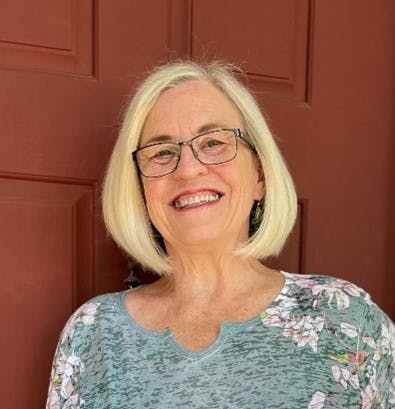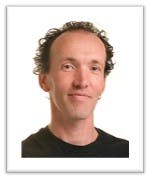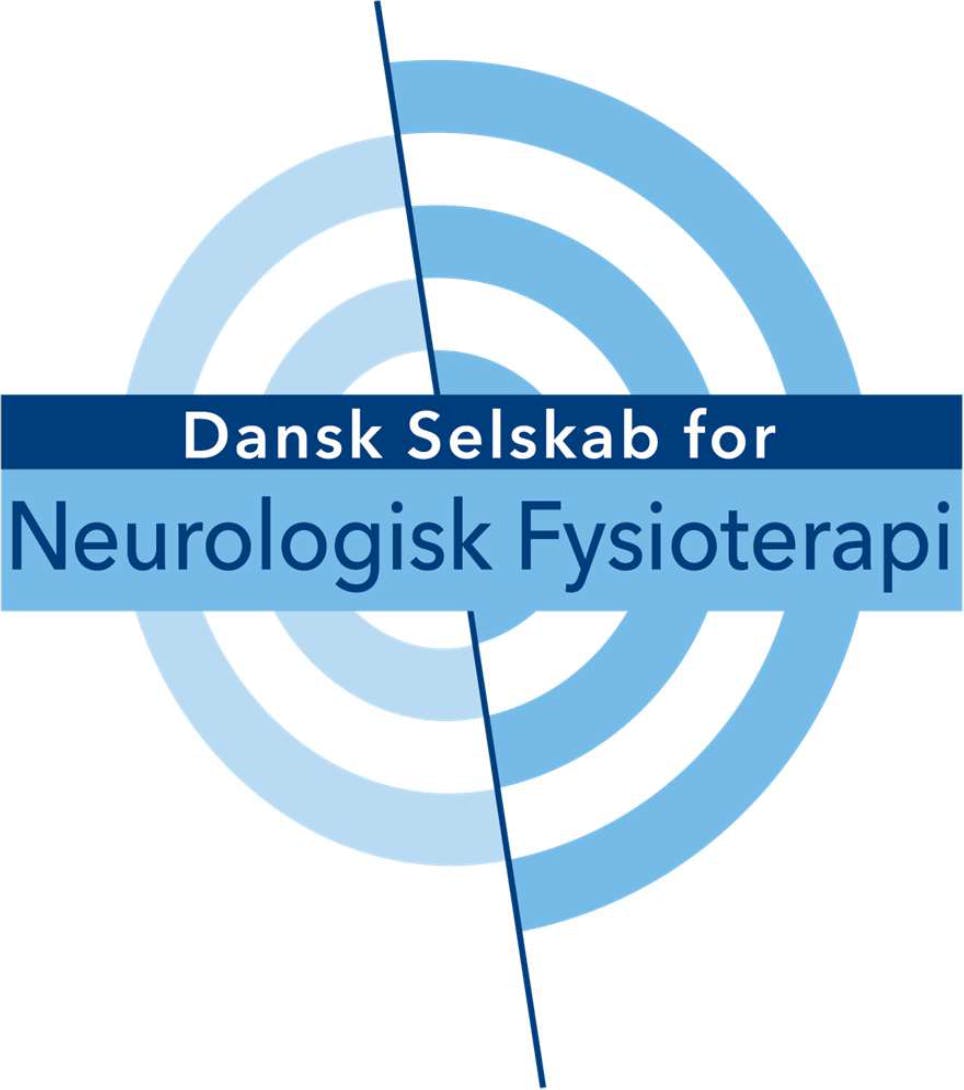4 dags kursus - Respiration og postural kontrol

Om kurset
Intergrating Cardiopulmonary and Postural Control Strategies in pediatric and adult populations –Introduction and theory part.If you can´t breathe, you can´t function.
”Postural Control and Breathing”. På 4-dagskurset får du hver kursusdag større viden om ”Postural Control and Breathing”. Du får en grundig viden om Mary Massery´s ”Soda Pop Can” model - Multisystem analysen. 1. dag er primært introduktion og teori om emnet.
Dag 2 – 4 er mere praksis relateret. Du lærer at analysere respirationsmønstre og får viden om, hvordan vejrtrækning påvirker truncusstabilitet. Du lærer, hvad du som behandler kan gøre for hver enkelt patient. Den viden du får på kurset, kan bruges både i behandling af voksne og børn. Kurset er opbygget med en vekslen mellem teori, praksis afprøvning, samt patientdemonstrationer.
Indhold
This course, developed by Mary Massery, proposes a new definition of “core stability;” redefining it as the dynamic control of trunk pressures to optimize postural stability (balance). Massery’s “soda pop can model” links breathing mechanics to postural control using multi-system interactions. The speaker presents novel research demonstrating the role of vocal folds as postural stabilizers, extending the concept of “core stability” from the vocal folds on the top of the trunk to the pelvic floor on the bottom. The course has theoretical information and quick interventions (positioning and ventilatory strategies. Multiple clinical cases will be used to strengthen the concepts. The course is applicable for any pediatric or adult patient (or therapist) who breathes and balances!
Program
Day-1: Tuesday, June 10th - 5.0 Contact Hours
- 09.30 – 10.00 – Registration
- 10.00 – 10.20 - Introduction to course topics (Discussion)
- 10.20 – 11.30 - Breathing and posture #1: Pressure control (Soda pop model) (Lecture)
- 11.30 – 12.30 – LUNCH
- 12.30 – 14.15 - Positioning strategies: What can you do in 90 Seconds or less that has a profound and lasting effect?
- 14.15 – 14.30 – BREAK
- 14.30 – 15.15 - Breathing and posture #2: The diaphragm’s many roles (Lecture)
- 15.15 – 15.30 – BREAK
- 15.30 – 16.30 - Ventilatory/movement strategies: Integrating neuromuscular, musculoskeletal, respiratory, and sensory systems (Lab)
Day-2: Wednesday, June 11th - 6.5 Contact Hours
- 08.00 – 08.30 - Coffee and ...
- 08.30 – 09.45 - Ventilatory/movement strategies: Integrating neuromuscular, musculoskeletal, respiratory, and sensory systems (Lab)
- 09.45 – 10.00 – BREAK
- 10.00 – 11.30 - Breathing and posture #3: The internal organs. The vocal folds. (Lecture)
- 11.30 – 12.30 – LUNCH
- 12.30 – 13.30 - Chest assessment: Focus on musculoskeletal alignment and breathing patterns (Lecture)
- 13.30 – 13.45 – BREAK
- 13.45 – 15.30 - Assessing breathing patterns and postural implications (Lab)
- 15.30 – 16.30 - Patient demonstration #1 (Demonstration)
Day-3: Thursday, June 12th - 6.5 Contact Hours
- 08.00 – 08.30 - Coffee and ...
- 08.30 – 09.45 - Differential diagnosis: “Find the Problem” (Lecture & Discussion)
- 09.45 – 10.00 – BREAK
- 10.00 – 11.30 - Facilitating efficient breathing patterns and endurance training: Neuromotor techniques for diaphragm, chest and other breathing patterns (Lab)
- 11.30 – 12.30 – LUNCH
- 12.30 – 13.45 - Continued: Facilitating efficient breathing patterns and endurance training: Neuromotor techniques for diaphragm, chest and other breathing patterns (Lab)
- 13.45 – 14.00 – BREAK
- 14.00 – 15.00 - Airway clearance: From Sherlock to solution (Lecture)
- 15.00 – 15.30 - Manual assistive cough techniques (Lab)
- 15.30 – 16.30 - Patient demonstration #2 (Demonstration)
Day-4: Friday, June 13th - 4.25 Contact Hours
- 08.00 – 08.30 - Coffee and ...
- 08.30 – 09.00 - Review, synthesis, discussions about patient demos (Discussion)
- 09.00 – 09.45 - Continued: Manual assistive cough techniques (Lab)
- 09.45 – 10.00 – BREAK
- 10.00 – 11.00 - Eccentric trunk control: using voice for postural control and vice versa (Lab)
- 11.00 – 11.30 - Screening rib cage restrictions with shoulder flexion (Lecture)
- 11.30 – 12.30 – LUNCH
- 12.30 – 13.30 - Rib mobilizations for restricted chest walls (Lab)
- 13.30 – 14.00 - Now what? Furthering your education after the class (Discussion)
NB: DSNF påtager sig retten til mindre korrektioner af programmet
Læringsmål
At the conclusion of the course, participants should be able to:
- Describe how trunk pressures link breathing and postural control using the Soda Pop Can Model.
- Describe the multiple, simultaneous roles of the diaphragm as related to breathing, postural control, gastroesophageal reflux, constipation, and venous return.
- Demonstrate the role of the vocal folds in normal postural stability responses (balance) and make the case for using speaking valves for patients with tracheostomies.
- Position patients for optimal physiological and biomechanical support of breathing with simple equipment (towels, pillows, etc.).
- Use a ventilatory strategy algorithm presented in class to optimally match breathing with movements from bed mobility to athletic endeavors.
- Apply concepts to a wide variety of patient populations from infancy to geriatrics.
- Use a multi-system approach to evaluating motor impairments.
- Identify the variations of “normal” breathing patterns and discuss the efficiencies/inefficiencies for individual patient conditions.
- Evaluate need for, and demonstrate, appropriate neuromotor retraining techniques for patients with ineffective breathing/postural control strategies (health or participation deficits).
- Participate in a live patient demonstration (if a patient is available) and suggest possible evaluation and treatment ideas based on the course material.
- Design a targeted airway clearance program using the principles of mobilization, expectoration and oral management.
- Demonstrate airway clearance techniques, with an emphasis on manual assistive cough techniques, and apply an airway clearance algorithm to specific patient conditions.
- Identify thoracic cage/spine restrictions as they pertain to breathing mechanics and postural control (a very brief introduction of chest wall restrictions).
Pædagogiske metoder
- Teoretisk undervisning med cases - vekslende med praktiske øvelser/ behandling, gruppe-øvelser og patient-demo’er.
Undervisere
Mary Massery, PT, DPT, DSc
Dr. Massery received her BS in Physical Therapy from Northwestern University in 1977, her DPT from the University of the Pacific in 2004 and her DSc from Rocky Mountain University in 2011. Her publications and interests focus on linking motor behaviors to breathing and/or postural mechanics in both pediatric and adult patient populations. Dr. Massery has been invited to give over 1,000 professional presentations in all 50 US states and in 18 countries worldwide, including more than 100 presentations for the American Physical Therapy Association. Mary’s research pioneered the concept of managing trunk pressures as a new way to visualize core stabilization. She has delivered keynote and major addresses on topics such as cystic fibrosis and posture, pectus excavatum (chest deformities), connections between posture & breathing, and PNF (proprioceptive neuromuscular facilitation).
Mary has received national awards from the APTA, including its highest clinical award, The Florence Kendall Practice Award, honoring “one’s outstanding and enduring contributions to the practice of physical therapy." She has been honored as Outstanding Alumnus of the Year by each of her 3 universities. She was also awarded Northwestern University’s Alumnae Research Achievement Award. Mary continues to maintain a private practice in Chicago, specializing in breathing and postural dysfunction.

Vincent Leddy, PT, DPT, PCS
Dr. Leddy completed his BS in PT in the Netherlands in 1988, his DPT at Rocky Mountain University in 2017, and his certification as a MasseryPT faculty in 2019. Vincent is an APTA pediatric clinical specialist from San Francisco with expertise in diverse conditions such as complex neuro, adult orthopedic, elite level ballerinas, and breathing disorders.
Dr. Leddy is a life-long learner who loves teaching other therapists, sharing his curiosity and holistic approach to motor problems. His client and family centered goals work towards meaningful participation using hands on therapy and family education. His goal is to move his clients from just “surviving” to “thriving” in a complex world.
His proudest Mary Massery moment was working with a nonverbal toddler allowing her to stand up and walk for the first time after focusing on her voice and core pressures.

Hovedarrangør: 
Dansk Selskab for Neurologisk Fysioterapi
Samarbejdspartnere og medarrangører:
- Dansk Selskab for Hjertelunge Fysioterapi
- Dansk Selskab for Pædiatrisk Fysioterapi
- Dansk Selskab for Voksne Udviklingshæmmede
- Ergoterapifagligt Selskab Neurorehabilitering (EFS)
- Sektionen för neurologi/Professions- och fackförbundet för Sveriges Fysioterapeuter (sjukgymnaster)
- ACPIN – Association of chartered physiotherapists in neurology England
Målgruppe:
- fysioterapeuter og ergoterapeuter
- Det er en fordel at arbejde med patienter/borgere som har respiratoriske og/eller posturale udfordringer (børn eller voksne)
Praktisk
Dato for afholdelse: tirsdag, onsdag, torsdag og fredag d. 10, 11, 12 og 13 juni 2025
Tilmeldingsfrist: 10. maj 2025
Adresse for afholdelse: VIA University College – Campus N, Hedeager 2, 8200 Aarhus N, Denmark
Antal deltagere: 42 personer
Pris:
Medlemmer 6.000 kr dækker undervisning og forplejning på kurset
Ikke-medlemmer: 7.000 kr. dækker undervisning og forplejning på kurset
NB: Spørgsmål til kurset skal rettes direkte til Dansk Selskab for Neurologisk Fysioterapi
Praktiske oplysninger
Tilmeld dig
4 dags kursus - Respiration og postural kontrol · Tir, ons, tor & fre d. 10 - 13 juni 2025
